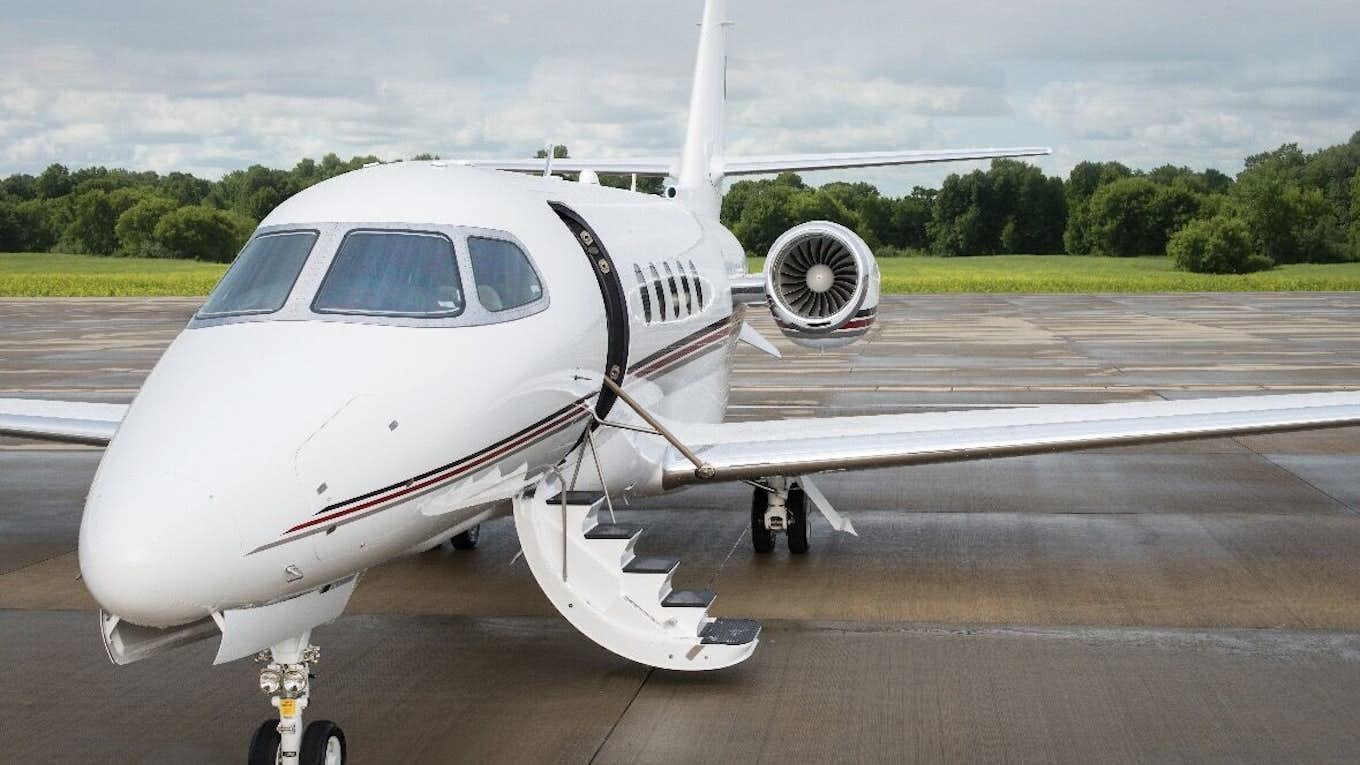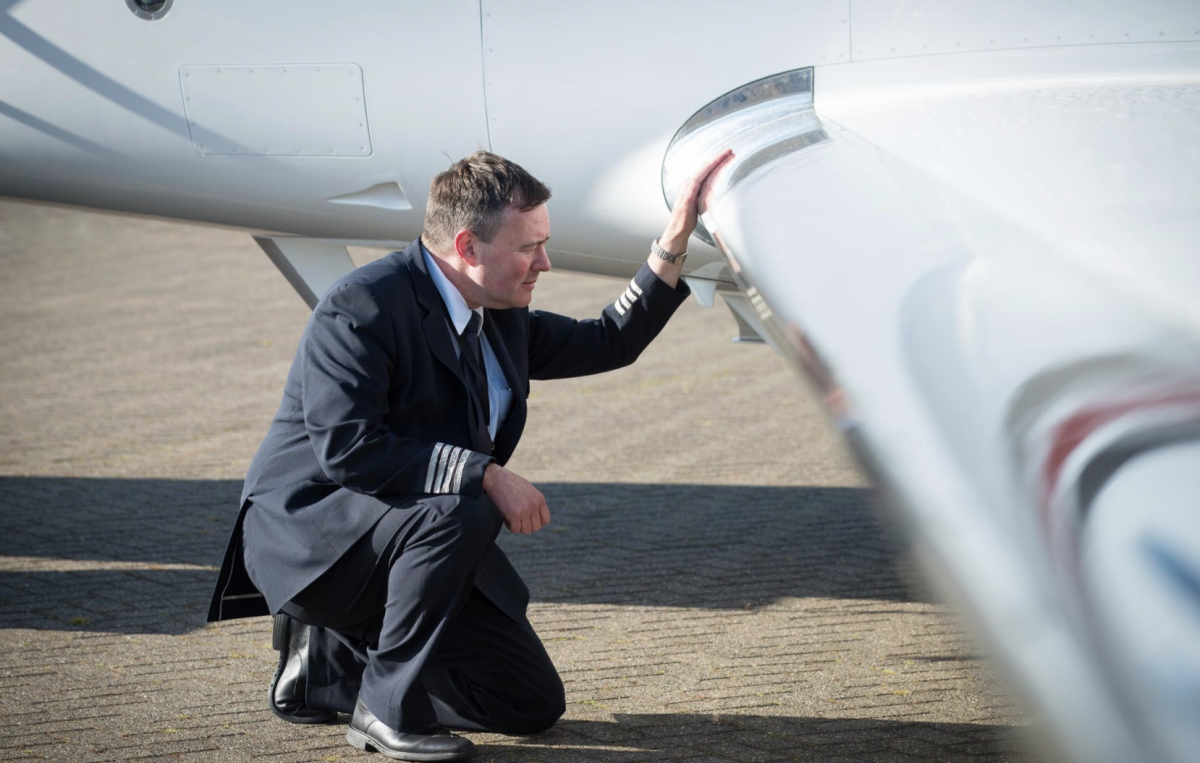

NetJets, the world’s largest private jet operator, said it has launched an Advanced Qualification Program (AQP).
According to the Federal Aviation Administration (FAA), “AQP is a voluntary alternative to the traditional regulatory requirements under CFR 14, Parts 121 and 135 for pilot training and checking. Under the AQP the FAA is authorized to approve significant departures from traditional requirements, subject to a justification of an equivalent or better level of safety. The program entails a systematic front-end analysis of training requirements from which explicit proficiency objectives for all facets of pilot training are derived.”
In announcing the move, NetJets called AQP “the highest possible standard of individual and crew performance”.
“NetJets prides itself in our unwavering commitment to safety,” said Alan Bobo, Chief Operating Officer for NetJets.
He added, “We are thrilled to be the first private aviation company to receive support from the FAA under this new program. The standards for safety have always been the top priority for NetJets and we look forward to continuing to evolve our service, safety, and success with AQP.”
NetJets said a leading objective of the initiative is to provide effective and efficient training that will enhance professional qualifications that surpass the current standards.
According to a press release, NetJets first implemented a training program aligned with the FAA Commercial Airline training and testing requirements as well as an Aviation Safety Action Program and a Flight Operations Quality Assurance Program.
Additionally, NetJets implemented an Air Carrier Designated Examiner program with NetJets. Tha brings dedicated FAA inspectors who are overseeing all training and checking.
This new programming replaces general regulations and programmed hours. This now brings fleet specific proficiency-based training and evaluation derived from a detailed job task analysis. These tasks include crew resource management, aeronautical decision making, judgment, and overall professionalism.
The goal of AQP is to achieve the highest possible standard of individual and crew performance. The AQP methodology directly supports the FAA’s goals for safety enhancement.
National Transportation Safety Board investigation findings revealed human factors remain a source of risk in accident prevention. Improving human performance is a central element to improving overall safety.
NetJets transition to a human factors approach started in 2007 to leverage experiences and resources from commercial airlines. AQP will test the pilots’ knowledge and reactions to real-world flight scenarios. This is often based on information obtained from NetJets FOQA in-flight data recorders.
It will launch with its Cessna Citation Sovereign and Latitude fleets. NetJets said it is officially the first Part 135 Operator in the world with an Advanced Qualification Program.
It will bring a new fleet into AQP every three months until the full breadth of the fleet is included.
Earlier this year NetJets added a number of aircraft to its jet card offerings. It also waived the 60-minute minimums for select aircraft making NetJets one of the most cost-effective solutions for flights under 30 minutes. It is also testing all pilots for COVID-19 as part of its heightened hygiene-safety protocols.